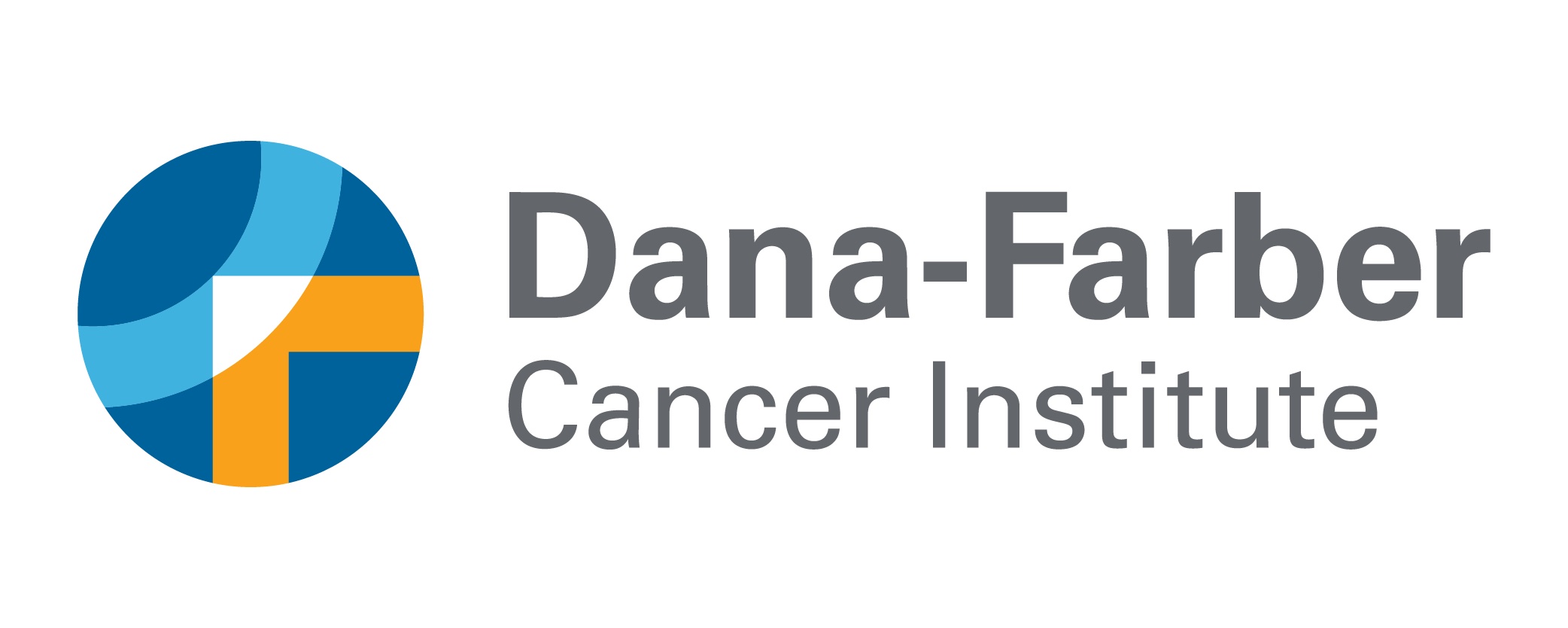Newswise — BOSTON – A new oral targeted drug, idelalisib (GS-1101), has the potential to stave off the need for additional treatments for relapsed or treatment-resistant chronic lymphocytic leukemia (CLL), according to a study led in part by Dana-Farber Cancer Institute investigators. In a phase 1 clinical trial, the drug produced rapid and long-lasting tumor shrinkage in about two-thirds of patients, stalling disease progression for 17 months, on average. The activity of the drug is noteworthy, given that the patients had an average of five prior therapies. CLL, which is often diagnosed through a routine blood test, is a slow-growing cancer and many patients do not require treatment until they start having symptoms. The vast majority of patients with CLL experience a relapse at some point after initial treatment with a combination of chemotherapy and antibody therapy. About 20 percent have so-called refractory disease, meaning they either relapse quickly (within six months) or do not respond to initial treatment at all. Patients in both categories are in need of better treatments, as the currently approved options have limited success.
Idelalisib is the first drug that selectively blocks PI3K-delta, a subtype of PI3K proteins that is overactive specifically in B cell lymphoma, and is critical for tumor growth. This is the first study of a PI3K-delta inhibitor in patients with CLL.
“We are reaching a point in the treatment of CLL where we have multiple agents in development that are very effective, and drugs like idelalisib are probably going to change the landscape of the disease in the next few years,” said the study’s lead author Jennifer R. Brown, MD, PhD, director of the Chronic Lymphocytic Leukemia center at Dana-Farber.
“While this research is still early and ongoing, we hope this drug, along with others like it, will lead to prolonged survival and eventually help turn CLL into a condition that is treated like high blood pressure, where a patient can take a couple of pills every day,” Brown added. “In the shorter term, these drugs may also provide an alternative to chemotherapy in elderly patients who tend not to tolerate chemotherapy well.”
The clinical trial included 54 patients with refractory or relapsed CLL who received idelalisib. The patients’ cancer had worsened despite having been treated with a median of five prior therapies. Once idelalisib treatment began, tumor reduction with a decrease in symptoms was rapid, generally occurring within two months, and was observed in about two-thirds of patients.
The 17-month average period in which the disease was held in check was better than the six- to 12-month benefit that might typically be expected for a sixth-line therapy. Patients who benefited from the drug were offered the opportunity to continue treatment on an extension study.
The researchers reported that side effects were manageable; only seven percent of patients discontinued treatment due to treatment-related effects.
Funding was provided by Gilead Sciences, Inc.
The study’s co-authors include Richard Furman, MD, Weill Cornell Medical College, New York; Ian Flinn, MD, Sarah Cannon Research Institute, Nashville, TN; Steven Coutre, MD, Stanford Cancer Institute, Stanford, CA; Nina Wagner-Johnston, MD, Washington University School of Medicine, St. Louis; Brad Kahl, MD, University of Wisconsin Carbone Cancer Center, Madison; Stephen Edward Forbes Spurgeon, MD, Oregon Health & Science University, Portland; Don Benson Jr., MD, PhD, The Ohio State University, Columbus; Sissy Peterman, David Michael Johnson, Daniel Li, Roger Dansey and Thomas Michael Jahn, MD, Gilead Sciences, Inc.; and John Byrd, MD, The Ohio State University, Columbus;
--Written by Rob Levy, Dana-Farber Cancer Institute
About Dana-Farber Cancer InstituteDana-Farber Cancer Institute (www.dana-farber.org) is a principal teaching affiliate of the Harvard Medical School and is among the leading cancer research and care centers in the United States. It is a founding member of the Dana-Farber/Harvard Cancer Center (DF/HCC), designated a comprehensive cancer center by the National Cancer Institute. It provides adult cancer care with Brigham and Women’s Hospital as Dana-Farber/Brigham and Women’s Cancer Center and it provides pediatric care with Boston Children’s Hospital as Dana-Farber/Children’s Hospital Cancer Center. Dana-Farber is the top ranked cancer center in New England, according to U.S. News & World Report, and one of the largest recipients among independent hospitals of National Cancer Institute and National Institutes of Health grant funding. Follow Dana-Farber on Facebook: www.facebook.com/danafarbercancerinstitute and on Twitter: @danafarber. # # #
